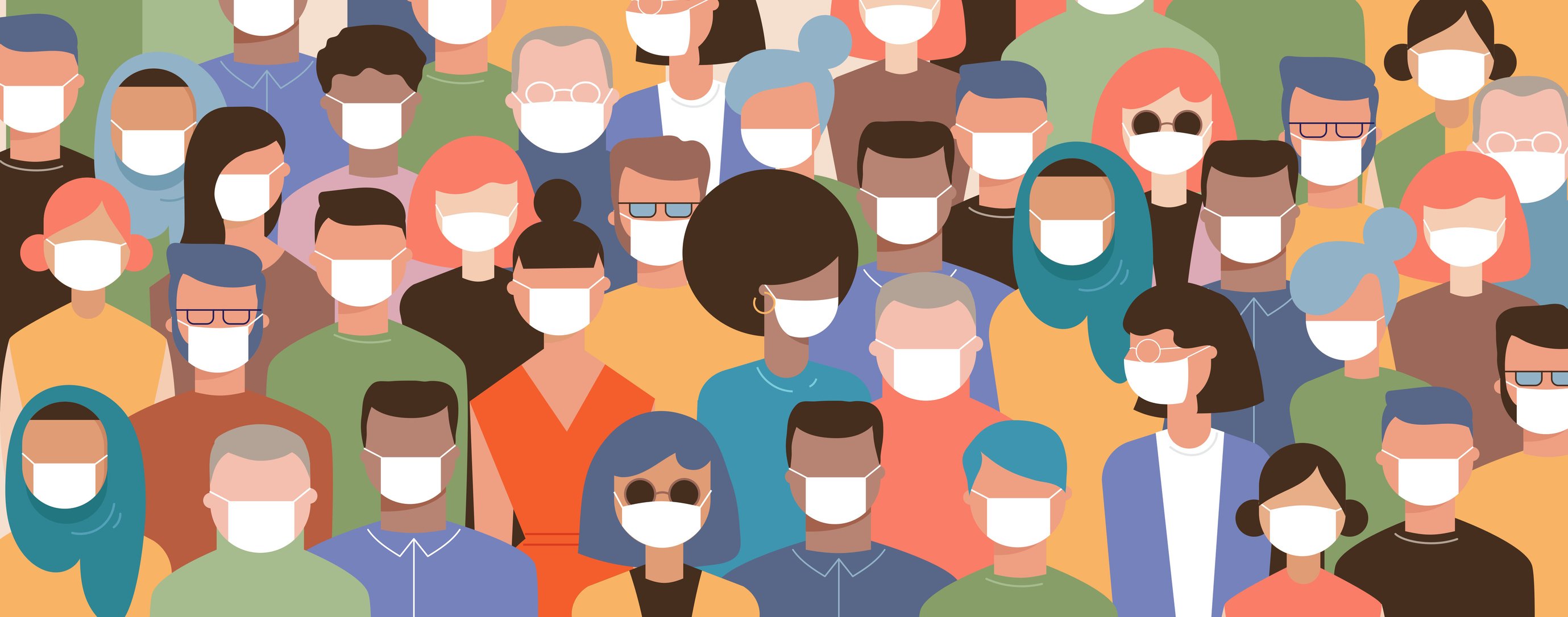 Clinical trials are necessary to provide evidence for the benefits and safety of new treatments. Racial and ethnic minorities continue to be underrepresented in these clinical trials.
Clinical trials are necessary to provide evidence for the benefits and safety of new treatments. Racial and ethnic minorities continue to be underrepresented in these clinical trials.
Black or African Americans represent 13.4% of the U.S. population, yet reports show they make up only 5% of clinical trial participants. Hispanic or Latino origin represent 18.1% of the U.S. population but only 1% of clinical trial participants.
The clinical trial population must be diverse enough to represent the patients who will be using the medicine.
According to a ScienceDirect study, Inclusion of diverse participants in clinical research may lead to more robust and complete data that broadens the understanding of racial and ethnic differences in treatment responses that, in turn, may contribute to reduced disparities in outcomes.
Richardae Araojo, who is the FDA Associate Commissioner for Minority Health and Director of the Office of Minority Health and Health Equity said, “There are many different reasons why minorities have been under-represented in clinical trials. One barrier to participation that we all know well is a lack of trust because of past historical abuses. Other barriers to participation may differ based on the population you are seeking to enroll and may include language and cultural differences, health literacy, religion, and a lack of awareness and knowledge about what a clinical trial is and what it means to participate.”
Araojo continued by saying “Some barriers may be due to aspects of the trial design such as inadequate recruitment and retention efforts, accessibility to the site location, frequency of study visits, transportation, participation may conflict with caregiver or family responsibilities, and may cause time away from jobs and other commitments. Often times, there may be a perception that minorities do not want to participate, and they simply aren’t asked.”
Recently, the National Institutes of Health launched the All of Us Research Program. This program is inviting one million people across the U.S. to help build one of the most diverse health databases in history.
The All of Us Research Program is a great example of inclusive research that can help ensure better health outcomes for all.
The Food and Drug Administration (FDA) released a draft guidance on improving the diversity of patient populations in clinical trials.
The draft makes numerous recommendations on how to increase diversity in clinical trials. These recommendations include enrichment, inclusive trial practices and design, and methodological ways to bring in a wider range of patient populations.
The benefits of increased diversity in clinical trials are enormous. Enrolling diverse patients in clinical trials improves the likelihood that they will benefit from research data. Trial results will be more represented and relevant for the entire population.



